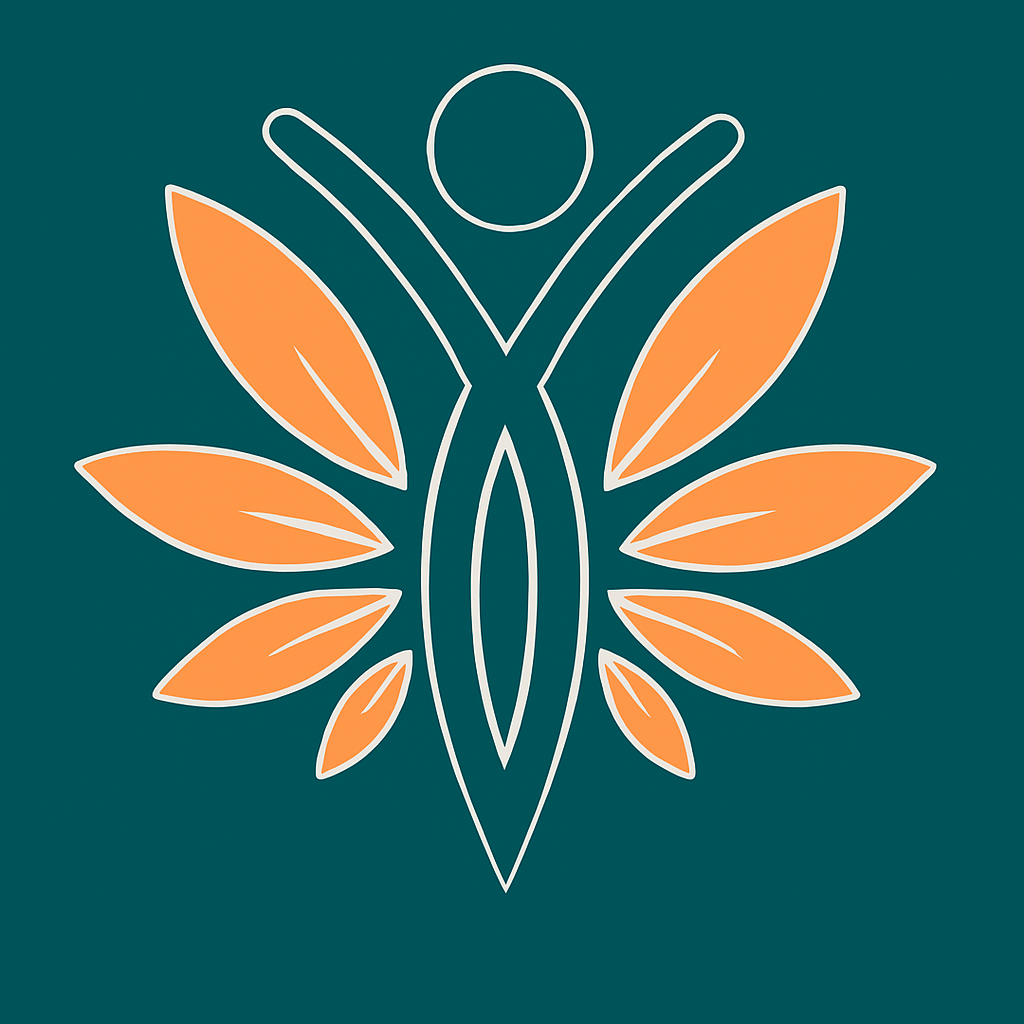Early identification of autism symptoms can lead to timely intervention and better outcomes
Communication & Social Interactions
- Does not keep eye contact.
- Does not respond to name by 9 months of age.
- Does not show facial expressions like happy, sad, angry, and surprised by 9 months of age.
- Does not play a simple interactive game.
- Does not point to show you something interesting by 18 months of age.
- Does not notice other children and join them in play by 36 months of age.
- Does not sing, dance or act for you by 60 months of age.
- Does not notice when others are hurt or upset by 24 months of age.
Social Difficultites
- Your child doesn’t look at you when you call their name or responds inconsistently.
- Your baby doesn’t smile widely or make warm, joyful expressions by the age of 6 months.
- Your baby doesn’t engage in smiling, making sounds and making faces with you or other people by the age of 9 months.
- Your baby doesn’t babble by the age of 12 months.
- Your baby doesn’t use gestures such as reaching or waving by the age of 12 months.
- Your baby doesn’t play any back-and-forth games, like “peek-a-boo,” by the age of 12 months.
- Your toddler doesn’t say any words by the age of 16 months.
- Your toddler doesn’t speak any meaningful, two-word phrases (not including imitating or repeating) by the age of 24 months.
- Any loss of speech, babbling or social skills.
Repetitive Behaviors
- Lines up toys or other objects and gets upset when order is changed
- Repeat words or phrases over and over (called echolalia)
- Plays with toys the same way every time
- Is focused on parts of objects (for example wheels)
- Gets upsets by minor changes
- Has obsessive interests
- Must follow certain routines
- Flaps hands, rocks body, or spins self in circles
- Has unusual reactions to the way thins sound, smell, taste, look, or feel
